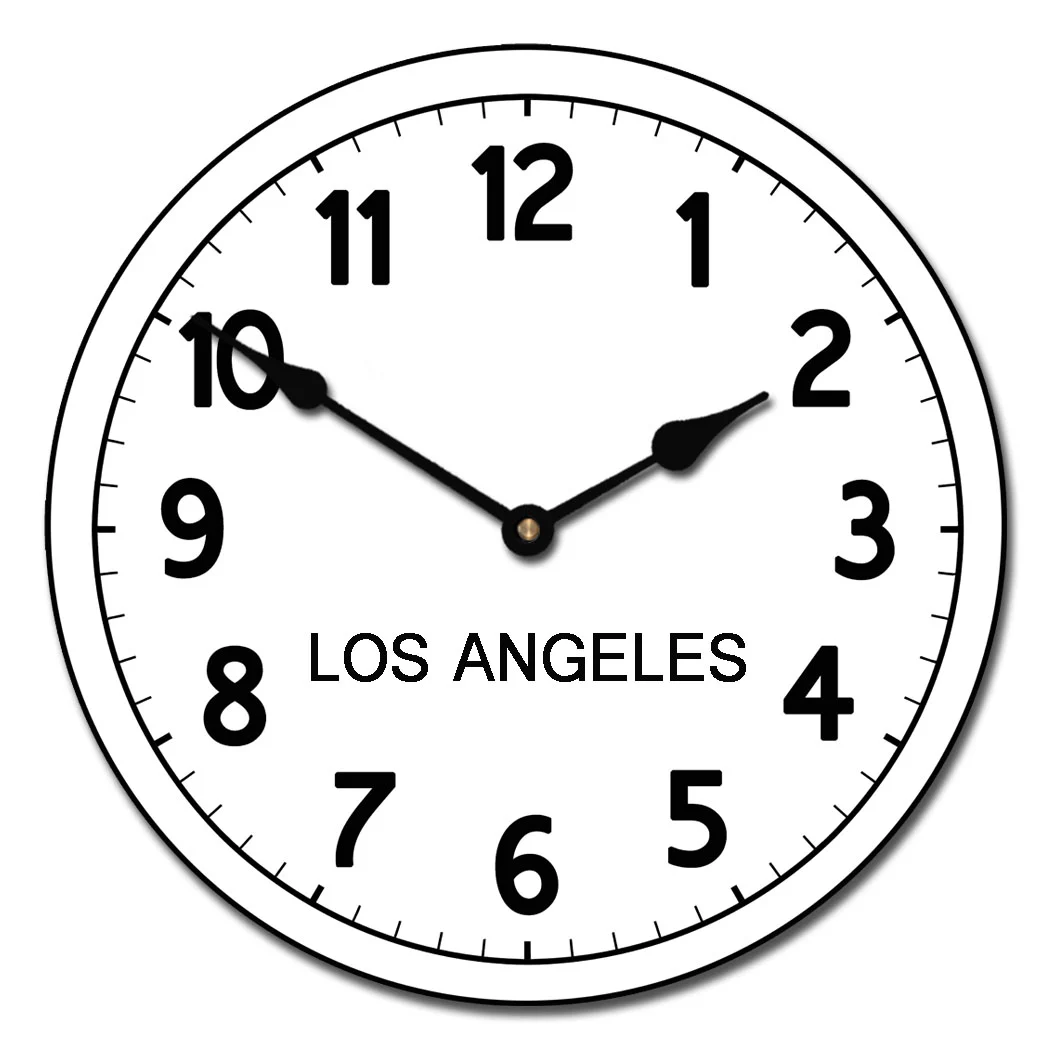world clock In today’s fast-paced and interconnected world, keeping track of time across different regions is essential for communication, business, and travel. World clocks, with their ability to display multiple time zones simultaneously, have become indispensable tools for individuals and organizations alike. Let’s delve into the world of world clocks, exploring their types, features, benefits, and challenges.
1. Introduction to World Clocks
What is a world clock?
A world clock, also known as an international clock or time zone clock, is a device or application that displays the current time in various locations around the globe simultaneously.
Importance of world clocks in today’s globalized world
In an era where international communication and collaboration are commonplace, world clocks play a crucial role in ensuring efficient coordination across different time zones.
2. Types of World Clocks
Analog world clocks
Analog world clocks feature traditional clock faces with multiple dials or hands representing different time zones. They are often used in offices, airports, and public spaces.
Digital world clocks
Digital world clocks utilize digital displays to show the time in various locations. They are known for their accuracy and convenience, with customizable settings for different time zones.
Online world clocks
Online world clocks are web-based applications or widgets that can be accessed through internet browsers or mobile devices. They offer real-time updates and often include additional features such as weather information and time zone converters.
3. Features of World Clocks
Multiple time zone display
One of the primary features of world clocks is their ability to show the current time in multiple cities or countries simultaneously, allowing users to compare time zones at a glance.
Day and night indicators
Many world clocks incorporate day and night indicators, such as shaded areas or color-coded segments, to help users visualize the time of day in different locations.
Customization options
Users can often customize world clocks according to their preferences, adjusting settings such as time format, clock style, and location display order.
4. Benefits of Using World Clocks
Managing international meetings and appointments
World clocks enable individuals and organizations to schedule meetings and appointments across different time zones without confusion or errors.
Tracking global events and news
By monitoring the time in various regions, users can stay informed about international events, news updates, and market openings/closings.
Facilitating travel planning
For travelers, world clocks are invaluable tools for planning itineraries, coordinating flight schedules, and avoiding jet lag by adjusting to new time zones gradually.
5. Popular World Clock Tools and Apps
Time zone converters
Online time zone converters allow users to quickly convert between different time zones by entering the desired locations or selecting them from a dropdown menu.
Mobile apps
Numerous mobile apps offer world clock functionality, providing features such as customizable widgets, alarms, and notifications for time zone changes.
Websites offering world clock services
Several websites specialize in world clock services, offering interactive maps, city databases, and additional resources for users seeking accurate time zone information.
6. How to Use a World Clock Effectively
Setting primary and secondary time zones
Users should designate their local time zone as the primary reference point and configure additional time zones relevant to their activities or interests.
Understanding daylight saving time changes
Awareness of daylight saving time (DST) adjustments is essential for accurate timekeeping, as some regions observe DST while others do not.
Utilizing additional features like alarms and timers
Many world clocks offer supplementary features such as alarms, timers, and stopwatch functions, enhancing their utility beyond basic timekeeping.
7. Integrating World Clocks into Daily Life
Work and business applications
World clocks are indispensable tools for international businesses, remote teams, and freelancers who need to coordinate schedules and deadlines across different time zones.
Personal scheduling and organization
Individuals can use world clocks to manage personal appointments, coordinate with friends and family in different regions, and plan leisure activities effectively.
Educational and research purposes
Students, researchers, and academics rely on world clocks to coordinate virtual meetings, collaborate on projects with international partners, and track global events relevant to their fields.
8. Challenges and Limitations of World Clocks
Accuracy issues
Despite advancements in technology, world clocks may occasionally display inaccurate or outdated information due to factors such as network latency or software glitches.
Technical glitches
Users may encounter technical issues such as synchronization errors, display anomalies, or compatibility issues when using world clocks across different devices or platforms.
Dependency on internet connectivity
Online world clocks require a stable internet connection to retrieve real-time data, making them vulnerable to disruptions in network connectivity or server downtime.
9. Future Trends in World Clock Technology
Advancements in accuracy and precision
Ongoing developments in timekeeping technology, including atomic clocks and satellite synchronization, promise greater accuracy and precision in future world clocks.
Integration with smart home devices
World clocks may integrate with smart home ecosystems, allowing users to control and customize their timekeeping devices using voice commands or mobile apps.
AI-powered features for personalized time management
Artificial intelligence (AI) algorithms could enhance world clocks with predictive capabilities, analyzing users’ habits and preferences to offer personalized time management suggestions.
10. Conclusion
World clocks have revolutionized the way we perceive and manage time in a globalized society. By providing instant access to accurate time zone information, these indispensable tools facilitate communication, collaboration, and coordination across borders. As technology continues to evolve, the future of world clocks holds exciting possibilities for enhanced accuracy, connectivity, and personalization.
